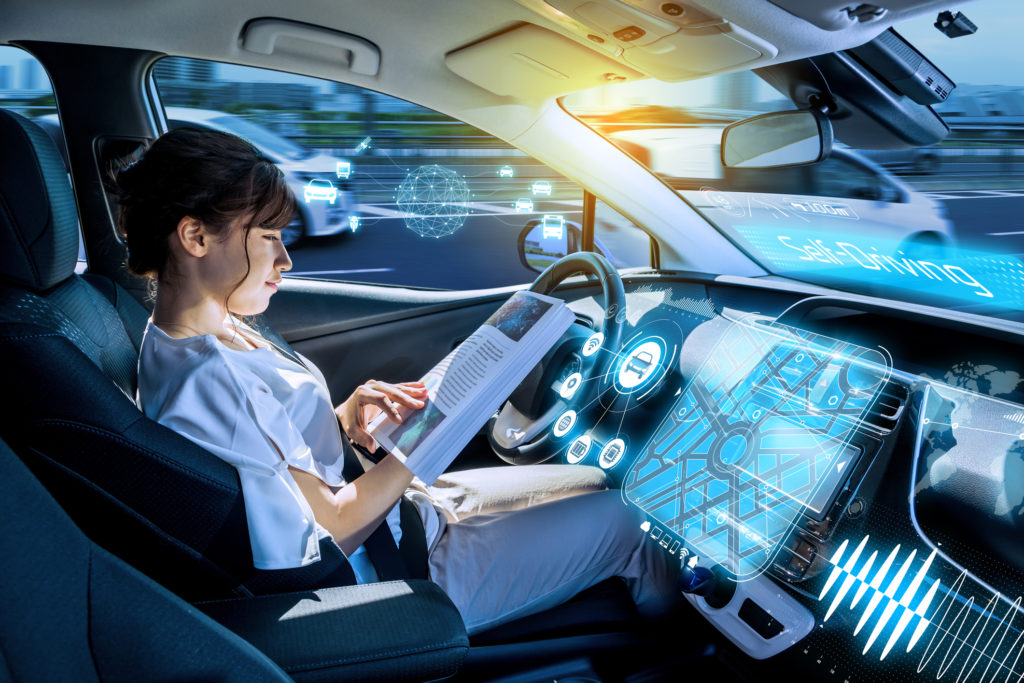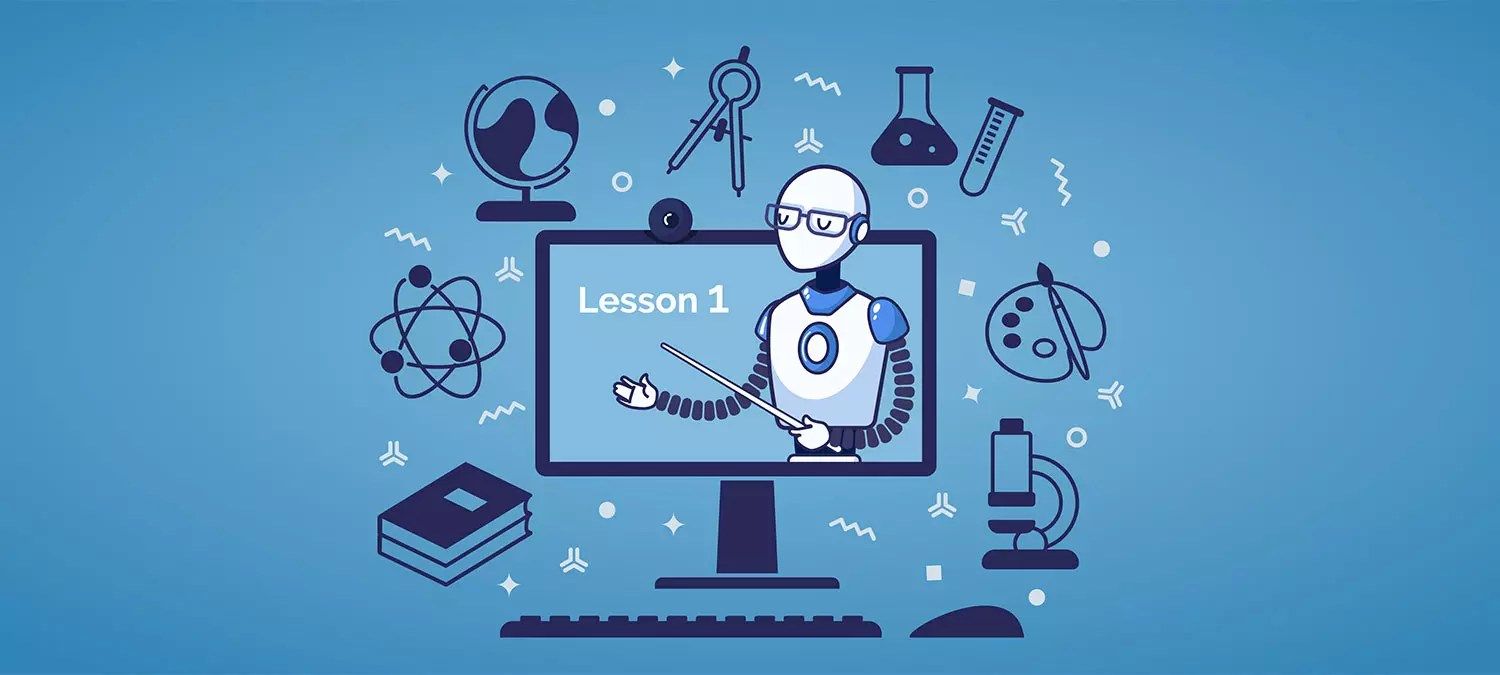Artificial Intelligence (AI) has been a buzzword for several years now, and with the rapid pace of technological advancements, it continues to transform our world in unprecedented ways. AI refers to the simulation of human intelligence in machines that can perform tasks that typically require human intelligence, such as learning, problem-solving, and decision-making.
AI has come a long way since its inception, and it continues to transform our world in unprecedented ways. From self-driving cars to personalized medicine, AI has the potential to revolutionize various industries and change our lives forever. As we integrate AI into our daily lives, we are seeing more and more exciting applications emerge. In this blog post, we will explore five of these applications in detail.

Autonomous Vehicles:
Self-driving cars have been a hot topic for years, and the technology is steadily improving. With AI, these vehicles can navigate traffic and make decisions in real-time, making transportation safer and more efficient. The development of autonomous vehicles has the potential to reduce traffic congestion, lower the number of accidents on the road, and provide more reliable transportation options for people who cannot drive, such as the elderly or those with disabilities.
The future of autonomous vehicles is promising. With AI, these vehicles can learn from experience and improve over time. It can help them adapt to different driving conditions and predict potential dangers on the road. In addition, AI can help reduce energy consumption and emissions by optimizing vehicle performance and reducing fuel consumption.

Healthcare:
AI has the potential to transform the healthcare industry by enabling faster and more accurate diagnoses, predicting disease outbreaks, and even assisting with surgeries. AI-powered chatbots and virtual assistants can also help patients with their healthcare needs.
One of the most significant advantages of AI in healthcare is its ability to analyze vast amounts of data quickly. AI can help healthcare professionals identify patterns in data that would be impossible to detect manually. With this information, they can make more informed decisions about patient care and treatment plans.
In addition, AI can also help identify new drugs and treatments that could be effective in combating diseases. AI can analyze genetic data to determine which treatments are likely to be most effective based on an individual’s genetic makeup. This personalized approach to healthcare could lead to more effective treatments and better outcomes for patients.

Agriculture:
Agriculture is an industry that could greatly benefit from AI. With precision farming techniques, farmers can use AI to monitor crop health, predict weather patterns, and optimize their yields. AI can help farmers identify areas of their crops that need attention, such as nutrient deficiencies, pests, and diseases.
In addition, AI can help farmers optimize their use of resources such as water and fertilizers. With the use of sensors and data analysis, farmers can reduce waste and increase efficiency. This can help reduce the environmental impact of agriculture and ensure that crops are grown sustainably.

Cybersecurity:
As technology advances, so do the threats to cybersecurity. AI can help defend against cyber attacks by detecting and responding to them in real-time, as well as predicting potential vulnerabilities before they occur. AI-powered cybersecurity systems can analyze vast amounts of data to identify unusual activity and detect potential threats.
AI can also help automate cybersecurity tasks such as threat detection and response. This can help reduce the workload of cybersecurity professionals and ensure that potential threats are identified and addressed quickly.

Education:
AI can personalize the learning experience for students by providing customized lesson plans and feedback. It can also automate administrative tasks, freeing up teachers to focus on teaching. AI-powered educational tools can adapt to each student’s individual learning style, providing a more engaging and effective learning experience.
In addition, AI can help identify areas where students are struggling and provide targeted support to help them improve. This personalized approach to education can help to ensure that each student receives the support they need to succeed.
These are just a few examples of how AI can transform our world. As technology continues to evolve, we can expect to see even more exciting applications in various industries. The future of AI is bright, and we can’t wait to see what’s next!











![Joe Biden Is The Worst President Ever – Donald Trump [Video]](https://oweleke.tv/wp-content/uploads/2024/04/Donald-Trump-Joe-Biden-120x86.jpg)

